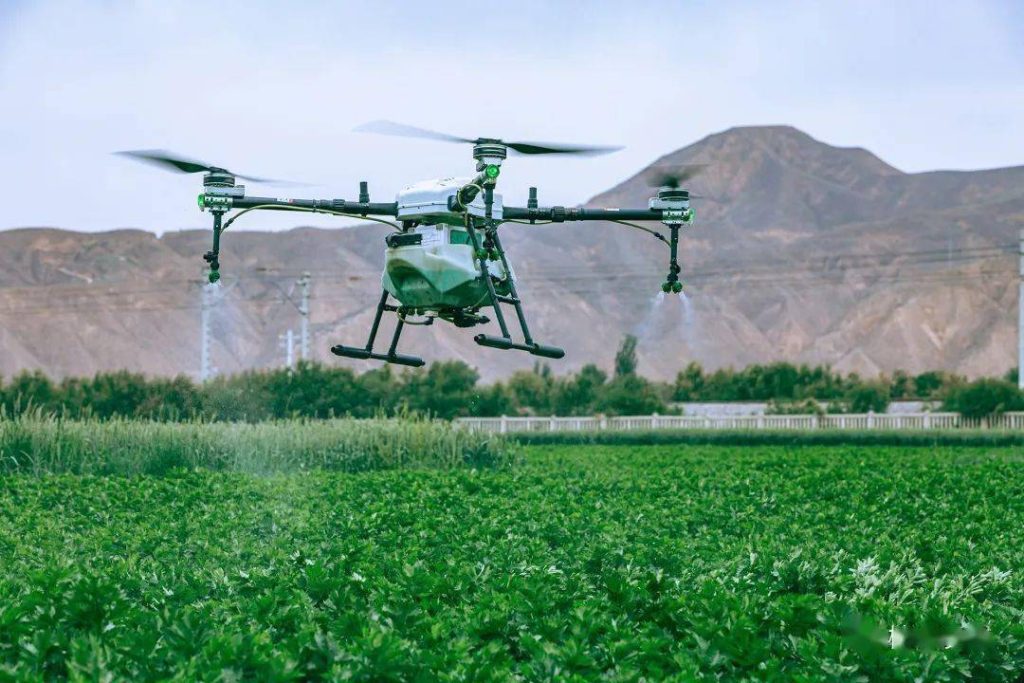Organic vegetables have gained significant popularity in recent years, reflecting a growing consumer preference for healthier and more environmentally friendly food choices. In modern agriculture, the cultivation of organic vegetables represents a departure from conventional farming practices and a commitment to sustainability. This article explores the reasons behind the rise of organic vegetables and their impact on the agricultural landscape.
The demand for organic vegetables is on the rise, with consumers increasingly seeking out produce that is free from synthetic pesticides, herbicides, and genetically modified organisms (GMOs). These health-conscious consumers are drawn to the idea of food that is grown naturally, without the use of chemical additives that can potentially harm human health.
Organic farming practices are not just about what isn’t used; they are defined by what is encouraged. Organic vegetables are typically grown in a manner that promotes soil health, biodiversity, and sustainable water management. Organic farmers use natural fertilizers, crop rotation, and cover cropping to maintain soil fertility and reduce the need for synthetic chemicals.
One of the core principles of organic farming is the avoidance of synthetic chemicals. This approach not only benefits human health but also helps to protect the environment. The absence of synthetic pesticides and herbicides reduces the risk of chemical runoff into waterways, minimizing water pollution and its harmful effects on aquatic ecosystems.
In addition to the health benefits and environmental advantages, organic vegetables are also praised for their superior taste and nutritional value. Organic crops are often found to be richer in certain nutrients and antioxidants. The absence of synthetic chemicals allows the plants to develop natural defense mechanisms, resulting in vegetables that are more robust and nutrient-dense.
The rise of organic vegetables has had a profound impact on modern agriculture. It has prompted conventional farmers to reevaluate their practices and consider more sustainable and environmentally friendly approaches. Many have adopted organic farming methods or integrated organic principles into their operations.
As the demand for organic vegetables continues to grow, the organic sector faces both opportunities and challenges. There is an increasing need for organic certification standards to ensure the integrity of organic labeling. Additionally, innovations in organic farming techniques, such as precision agriculture and controlled environment agriculture, are emerging to meet the rising demand for organic produce.
In conclusion, the rise of organic vegetables in modern agriculture reflects a shifting consumer preference toward healthier and more environmentally friendly food choices. Organic farming practices not only benefit human health but also contribute to sustainable and ecologically responsible agriculture. As the organic sector continues to expand, it is poised to shape the future of food production, offering consumers a wholesome and sustainable alternative to conventionally grown vegetables.







Please sign in to comment
register